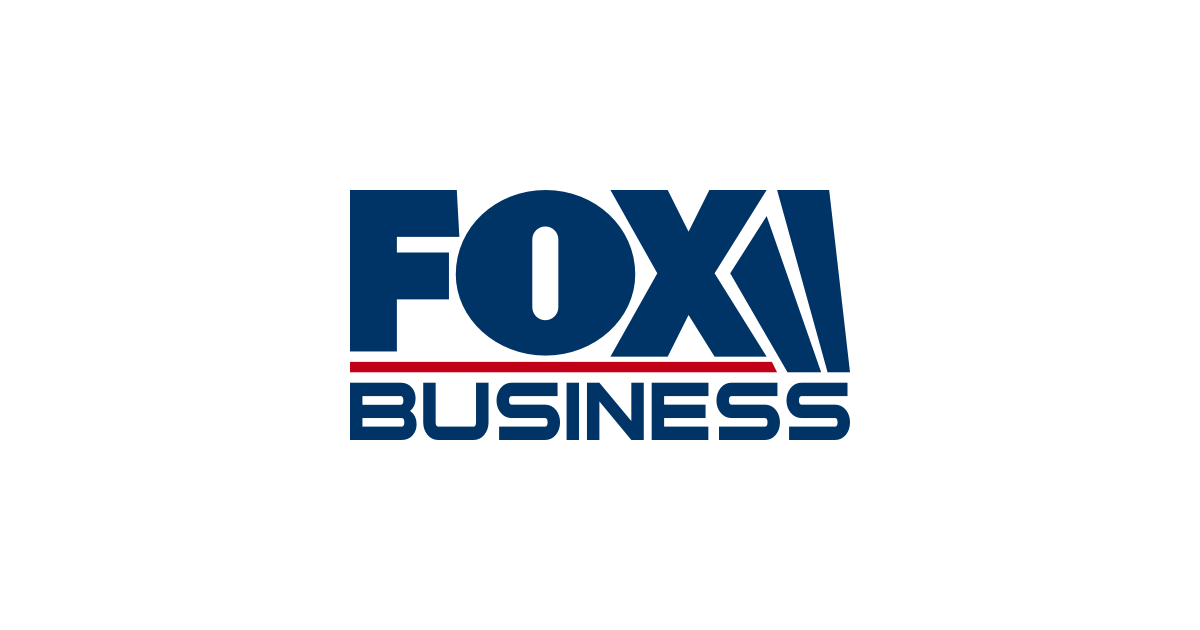BofA to Get $20B More From TARP, Plus Backstop on $118B
By Peter Barnes and Joanna Ossinger
Published January 16, 2009
| FOXBusiness
Email Share Comments
Text Size
Bank of America (BAC) will receive $20 billion in additional bailout money from the U.S. government to help complete its merger with Merrill Lynch, the Treasury Department announced early Friday, in addition to a backstop on $118 billion of assets.
Shares of BofA plunged 18% on Thursday amid reports the bank might get these funds, which are in addition to the $25 billion of funds the bank has already received from the Treasury Department’s Troubled Asset Relief Plan.
Most of the $118 billion in assets being backstopped were inherited by BofA from Merrill Lynch, which it absorbed on Jan. 1. Those assets include securities backed by residential and commercial real estate loans, and Treasury said in a press release that they have all been marked to current market value. The portfolio includes $37 billion in cash assets and a derivatives portfolio that Treasury said has maximum future potential losses of $81 billion.
If there are losses in the $118 billion pool, the first $10 billion will be absorbed by BofA. All eligible losses after that will be absorbed 90% by the government (Treasury and the FDIC) and 10% by BofA, up to a $10 billion total loss possible by the U.S. government. BofA may draw on a credit line if mark-to-market and credit losses on the pool reach $18 billion.
BofA will issue $4 billion in new preferred stock to Treasury as the FDIC as a fee for the backstop plus warrants on additional preferred shares.
The $20 billion from TARP will be provided by the Treasury in exchange for preferred stock with an 8% dividend. Treasury said BofA will have to comply with enhanced executive compensation restrictions and implement a mortgage loan modification program in exchange for receipt of the money.
BofA is prohibited from issuing dividends of more than one cent per share per quarter for three years without government consent.
Senior government officials said the transaction was modeled after a similar deal for Citigroup (C), as FOX Business's Liz MacDonald had reported was likely. The officials said talks about this deal went on for several weeks, as BofA grew more concerned about the state of "certain assets" at Merrill and that they took this action "to avert a systemic risk."
BofA, which declined to comment on earlier reports of this deal, recently announced that it was moving up its earnings report -- it's now scheduled to release its fourth-quarter earnings report on Friday a few hours before the markets open.
In October, BofA received $15 billion in TARP funding under the Treasury’s Capital Purchase Program for banks. At that time, Treasury also pledged to inject $10 billion into Merrill Lynch, once its acquisition by BofA was complete. When the purchase of Merrill was completed on Jan. 1, the injection was completed.
A source told FOX Business that BofA will use the additional $20 billion in TARP funds to help the bank digest and integrate Merrill.
The source said that after BofA and Merrill announced their merger deal last fall, Merrill’s financial health continued to deteriorate. In mid-December, BofA executives met with Treasury Secretary Hank Paulson and asked him for assurances that if the bank needed additional TARP capital because of the Merrill merger, Treasury would provide it. Otherwise, the executives told Paulson, BofA would cancel the Merrill acquisition. The source said Paulson agreed to the request.
For the latest TARP news, check out FOXBusiness.com’s Where’s My Money blog.
The extra money for BofA, according to various media accounts, suggests the bank’s Chief Executive Officer Kenneth Lewis may have underestimated the potential damage that may still lie ahead related to Merrill’s huge investment in bad real estate securities.“It’s not reassuring,” Kenneth Scott, a professor of law and business at Stanford Law School and former general counsel of the Federal Savings and Loan Insurance Corp., told Reuters. “There are more losses to be realized, but the question is the extent to which they are already reflected in values that banks are recording on their books.
BofA agreed on Sept. 15 to a shotgun purchase of Merrill after less than two days of negotiations, which sprung from efforts to address problems affecting venerable investment bank Lehman Brothers, which went bankrupt that morning.
BofA has estimated the Merrill price tag at more than $24.1 billion, based on regulatory filings. Adding Merrill gave it a huge investment bank, as well as a brokerage unit that Lewis called the “crown jewel” of the takeover.
The transaction made BofA the largest U.S. bank by assets, but saddled it with tens of billions of dollars of troubled debt, despite Merrill Chief Executive John Thain’s success in offloading tens of billions of dollars more in the previous year.
Elizabeth MacDonald contributed to this article.
Read more: http://www.foxbusiness.com/story/mar...#ixzz1ZuJ08sAI




Comment